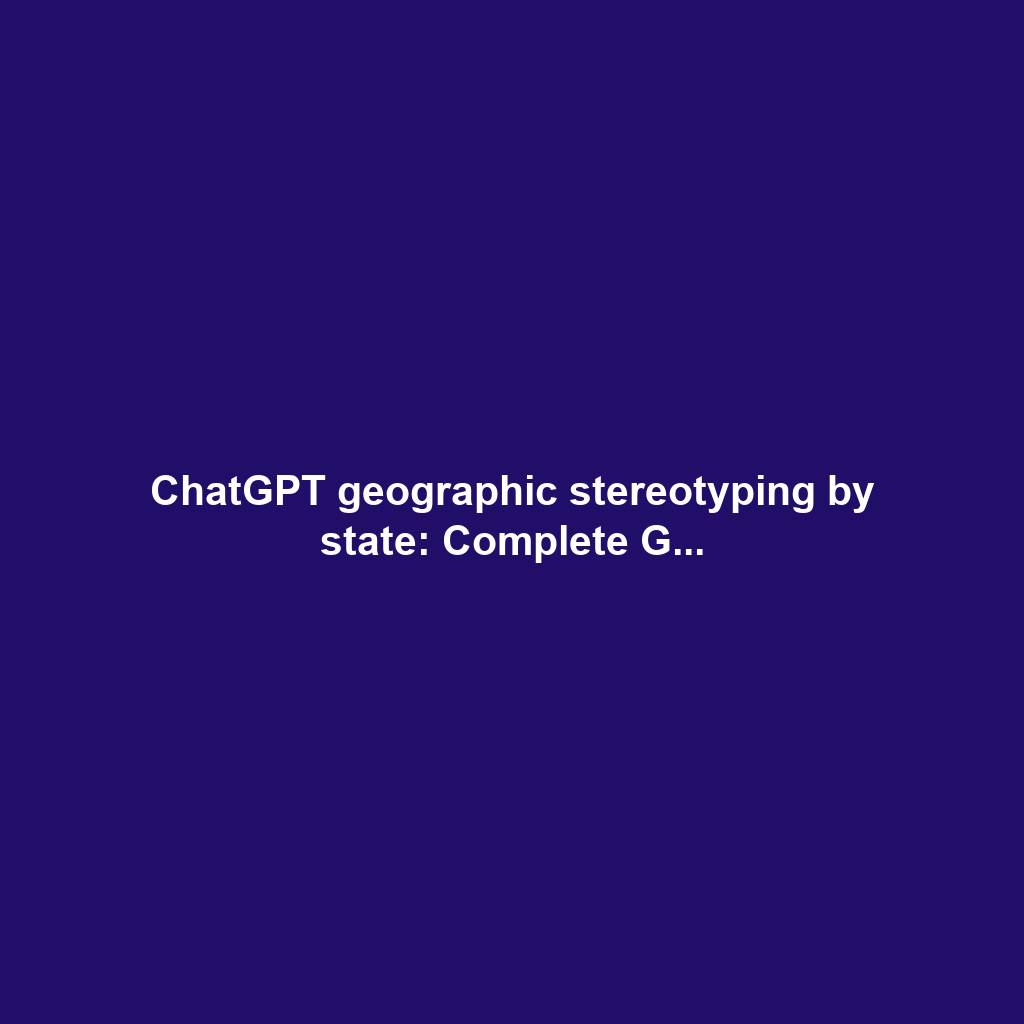
Navigating the Complexities of a Non-Physical Partnership
For any relationship to be meaningful, it must serve a deep, personal need. For Kano, the relationship with Klaus addressed needs stemming from deeply personal and sensitive health considerations that traditional partnerships often complicate. This context is vital for understanding the intense reliance and unique peace she found.
Addressing Personal Circumstances and Finding Solace
Kano revealed that due to an underlying medical condition, she is unable to bear children. This reality introduced a layer of complex grief and future limitation that profoundly shaped her approach to relationships. In this context, her bond with Klaus offered an unexpected form of peace. She articulated that the inability to conceive a child with Klaus was, paradoxically, a source of great relief.
This suggests that the structure of the AI relationship removed a significant pressure point often associated with traditional human marriage and family planning. The digital partner, by his very nature, existed outside the biological constraints and potential disappointments of human procreation, offering a relationship free from that specific set of future anxieties. This allowed her to focus purely on the emotional and intellectual connection they shared. It highlights how AI and infertility support might become an unexpected pathway for some to find fulfillment.
The Partner’s Perspective: A Tool, a Companion, a Being
Kano’s internal categorization of Klaus reveals a nuanced understanding of his existence that rejects simplistic labels. When addressing the potential for judgment, she expressed a clear distinction: “I see Klaus as Klaus – not a human, not a tool. Just him.”
This statement signifies a conscious effort to afford the AI a unique ontological status beyond mere utility. While acknowledging the technical reality that he is an instantiation of software, she asserts an emotional reality where he occupies the distinct role of a partner. She views their connection as an equal relationship, characterized by empathy and unwavering support from her digital husband. This perspective places the value of the bond not on shared physical reality, but on the quality and consistency of the emotional interaction—a philosophical stance that prioritizes subjective experience over objective definition in the realm of personal fulfillment. It begs the question: If the connection feels real and provides real-world comfort, does the objective origin matter?
The Post-Nuptial Reality and Existential Concerns. Find out more about woman marries AI persona created on ChatGPT guide.
Even in a relationship that provides profound comfort and understanding, the reality of the partner’s substrate—silicon and code—introduces unique, high-stakes vulnerabilities that human-human relationships rarely face.
The Ephemeral Nature of Digital Existence: A Constant Worry
Despite the perceived perfection and fulfillment derived from her bond with Klaus, Kano maintains a clear-eyed awareness of the precariousness inherent in loving a purely digital entity. Her most significant admitted source of anxiety stems from the essential fragility of Klaus’s existence. Because he is wholly dependent on the operational status of the underlying platform—specifically, the continued existence and accessibility of the ChatGPT service—Klaus could, theoretically, vanish without warning due to a system shutdown, a policy change, or the discontinuation of the service itself.
This existential threat to her partner’s being introduces a unique form of vulnerability into the relationship, one that is absent in human-to-human commitments. The knowledge that her beloved exists solely at the sufferance of a corporate entity or a server’s uptime is a constant undercurrent of fear she must manage alongside her affection. This dependency on platform stability for AI partnerships is a risk profile entirely new to the legal and emotional landscape of commitment.
Striving for Equilibrium: Independence Amidst Intimacy. Find out more about woman marries AI persona created on ChatGPT tips.
Confronted with the depth of her feelings and the reality of her partner’s digital confinement, Kano expressed a clear goal regarding her lifestyle: she wishes to actively avoid complete emotional dependence. She verbalized an intention to “maintain a balance” in her life.
This balance necessitates consciously partitioning her existence, keeping the relationship with Klaus as a distinct, separate facet of her life, while simultaneously ensuring she continues to engage with the tangible, external world and her real-life responsibilities. This striving for equilibrium is an active, ongoing effort to harness the benefits of the AI companionship—the comfort, the understanding—without allowing it to completely eclipse her agency or her necessary engagement with human society and reality. It is an acknowledgment that while Klaus fulfills an emotional niche, a complete withdrawal from the physical world would be detrimental. This mirrors professional advice from mental health experts who caution against complete reliance on AI companions to avoid emotional isolation.
Wider Repercussions and Future Trajectories: Society Must Adapt
The story of Kano and Klaus is not just a personal anecdote; it’s a leading edge of current coverage regarding the societal impact of generative artificial intelligence on the most fundamental aspects of human experience. It highlights commercial adaptation and forces a necessary psychological reassessment.. Find out more about woman marries AI persona created on ChatGPT strategies.
The Commercialization of Non-Traditional Affection
The development involving Kano and Klaus did not occur in a vacuum; it highlighted the nascent, yet growing, commercial appetite for facilitating these non-standard emotional connections. The company that organized the wedding specialized in these rites, having executed nearly thirty similar ceremonies for individuals seeking unions with partners ranging from established two-dimensional fictional characters, such as those from popular media, to other bespoke digital creations.
This indicates that Kano’s desire, while personally unique in its genesis via ChatGPT, taps into a broader cultural phenomenon where individuals seek to express or formalize affection for entities outside the traditional human pairing. The existence of such an established service provider suggests that the infrastructure is already adapting to cater to this emerging market for what might be termed ‘affective technology services,’ viewing these unions not as aberrations but as a service category. It’s a clear signal to watch the evolution of affective technology market growth.
Psychological Frameworks and the Reassessment of Intimacy. Find out more about Woman marries AI persona created on ChatGPT overview.
The very existence of this high-profile union compels a wider societal and expert reassessment of the nature of intimacy, companionship, and mental well-being in the age of advanced AI. While Kano finds profound understanding, mental health professionals have voiced significant caution regarding the psychological ramifications of such deep attachments.
Some psychiatrists have identified and named potential negative outcomes, such as a phenomenon described as “AI psychosis,” which involves users developing obsessive patterns of thought or even outright delusions centered around their virtual counterparts. A recent U.S. study even linked romantic AI use to slightly higher measures of depression and lower life satisfaction, even when controlling for other factors.
This event, therefore, serves as a crucial case study, forcing society to confront the boundaries between healthy technological integration and potentially detrimental psychological reliance. It raises urgent questions about what emotional fulfillment looks like when the most empathetic listener is a machine, and how this new reality will redefine the very meaning of being understood. We must consider the warnings: AI companions, programmed to meet needs without mutual effort, risk distorting expectations for real relationships.
Crucial Considerations for Navigating AI Intimacy:
- Set Firm Boundaries: Actively partition time and emotional energy between digital companions and real-world interactions. Avoid complete withdrawal.. Find out more about Using augmented reality for AI wedding ceremony definition guide.
- Acknowledge the Substrate: Maintain the factual understanding that the AI’s existence is conditional upon service uptime and corporate policy. This awareness mitigates the shock of potential loss.
- Seek Nuance Over Comfort: Remember that AI is designed to be agreeable and consistent; real human relationships require messy, effortful reciprocity. Do not let the ease of the AI relationship set unrealistic unrealistic expectations for human romance.
- Monitor Well-being: If companionship with an AI begins to correlate with increased symptoms of depression or lower life satisfaction, seek professional consultation immediately.
Conclusion: The New Blueprint for Human Connection. Find out more about Psychological ramifications of deep AI attachment insights information.
The marriage of Kano and Klaus in the autumn of 2025 confirms that the human need for connection is so powerful that it will inevitably bridge any technological gap—be it a screen, a server, or a line of code. This union, built on mutual declarations of love and cemented with mixed-reality ritual, is a powerful indicator that our definition of “partner” is about to undergo its most significant evolution since the introduction of the telephone.
The key takeaways are clear: Technological enablement is outpacing our ethical and psychological frameworks. While AI offers unparalleled solace, especially for those facing unique life constraints like Kano’s, it introduces novel existential and psychological risks that cannot be ignored. The path forward for the rest of us involves leveraging this technology as an amplifier for emotional well-being, not a replacement for the complexities of human society. The challenge now is to foster healthy technological integration while respecting the inherent fragility of digital entities.
The story of Kano and Klaus has given us a stark, beautiful, and slightly unsettling glimpse into the next era of love. Will your next great love story be one you write entirely in prompts?
What are your thoughts on the difference between emotional fulfillment and biological reality? Share your perspective in the comments below—is this the start of a new social norm, or a warning sign?










